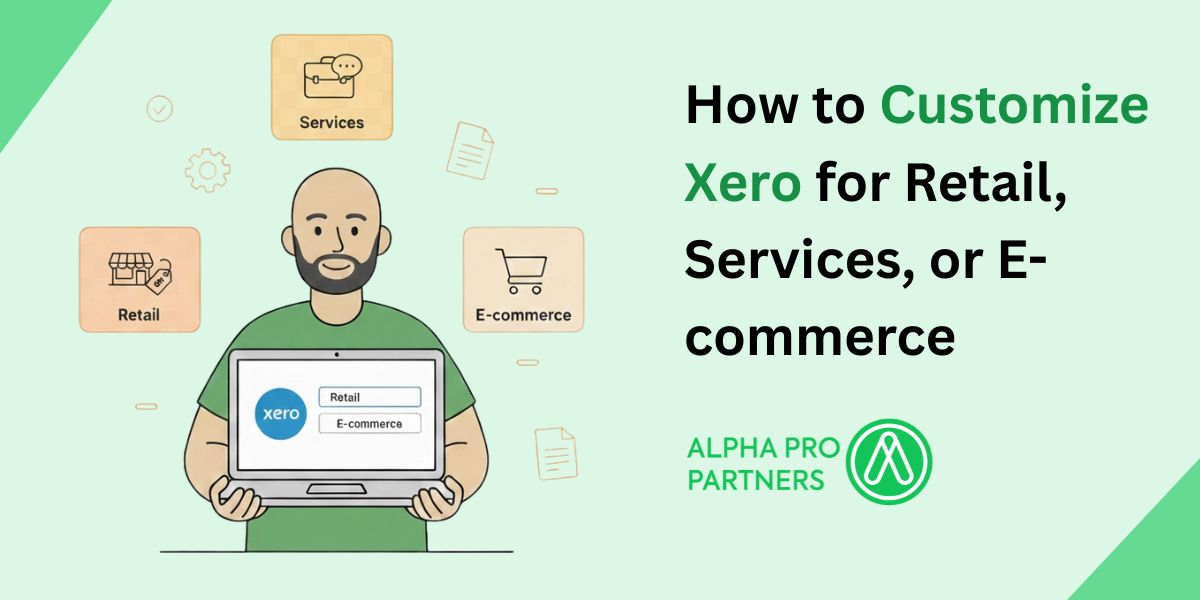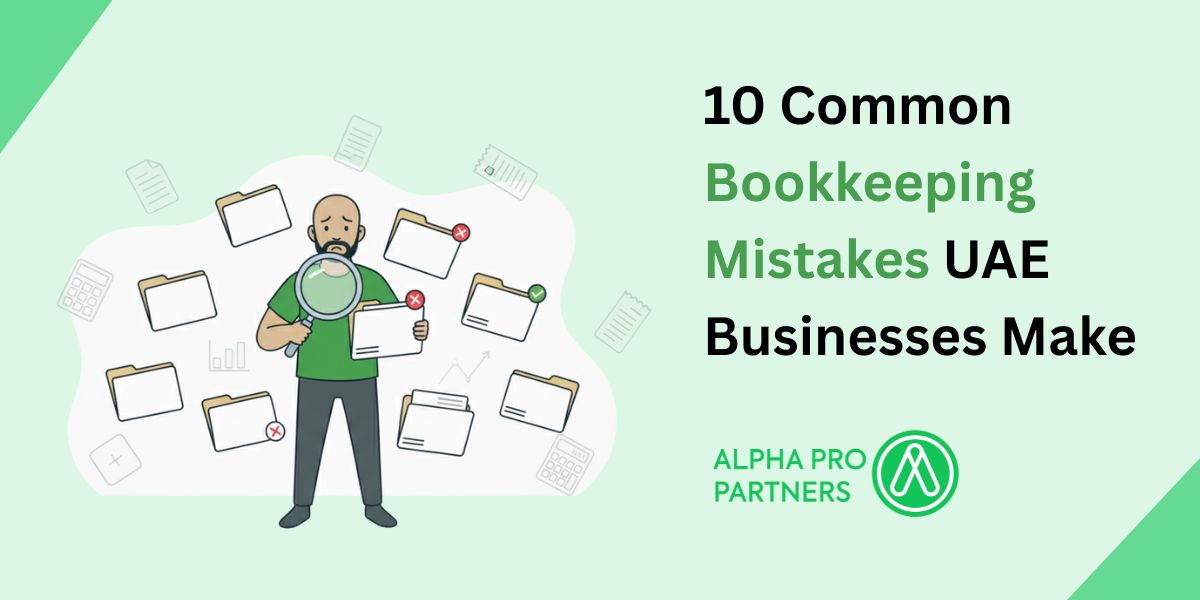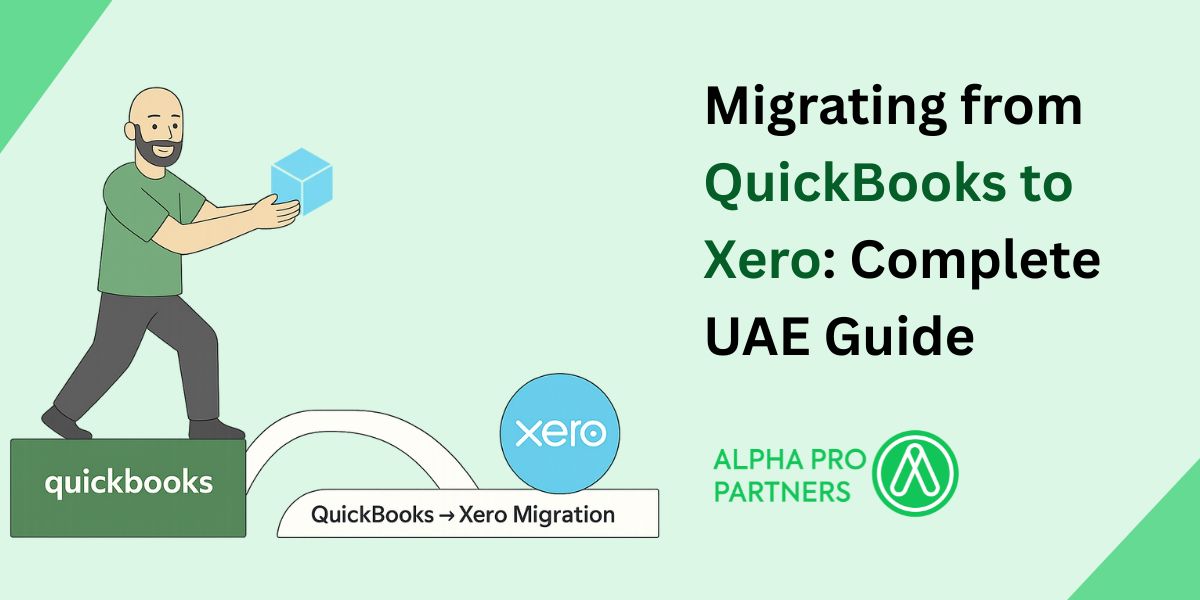Understanding VAT's Impact on UAE's Residential Real Estate Industry

In August 2017, the UAE Government released Federal Law No. 8 of 2017 on VAT, and within this key piece of legislation article 45 and 46 provides insight into how residential real estate will be treated for VAT purposes.
To understand the application of the Law, one must understand how the term supply is defined, which is the supply of goods or services. As VAT is due when a taxable person (person who fulfills the requirement to register for VAT) makes a taxable supply, in the case of residential property, the type of supply usually falls under the category of the supply of goods. The definition of supply of goods is the passing of ownership of physical property (sale of real estate) or granting the right to use that property for another person (lease of property).
In the case of real estate agents, supply is likely to be a supply of services as they facilitate service through brokering the sale. A further complicating factor is when interpreting the rules to cover the wide range of residential real estate sub-sectors such as the purchase of land, development of land, sale of completed properties, sales commission, property leases, and management of developed properties. For the sale or lease of residential property, this would be treated as a zero-rated supply in the UAE as per article 45 of the Federal VAT No. 8 of 2017. Here it states that the first supply of residential buildings within 3 years of its completion is subject to zero rates. As per Article 46, the Supply of residential buildings other than zero-rated supply will be treated as exempt. This means that the input VAT incurred would not be recoverable resulting in squeezed margins and cash flow constraints.
How does VAT affect residents and landlords? Given that it forms a major part of the UAE economy, for private residents and landlords, the rent charged is expected to be classified as an exempt supply which would mean that landlords cannot include VAT on residential rent to private tenants but would also mean that any input VAT incurred would not be recoverable. For charity-related buildings and for buildings, which are converted from non-residential to residential, they will be subject to zero rates.
The exempt rate will also include the sale of residential property, which would mean that VAT would not be included in the sale price. Property developers operating within the residential market on the other hand will have different and unique challenges given that they will likely have a mix of residential and commercial projects along with suppliers (such as lawyers, surveyors, architects, etc.) who will be supplying services which will include VAT. In the case where property developers will not be able to reclaim VAT on input tax incurred, then it is expected that they are likely to recover this by increasing sale prices.
A further point to mention is that the property developers which fall under the exempt bracket will also have cash flow constraints given that input VAT paid will not be reclaimable. As residential property contracts are usually longer than a few months, the transitional provisions will also need to be taken into consideration during the time VAT is implemented. For example, if a contract is entered into before the effective date of VAT which is 1 January 2018, then VAT will be due on the supply post 1 January 2018 even though the contract was signed before under certain conditions.
As per article 25, it is stated that the date of supply (the date which VAT is be added) would be earlier than the following dates:
- The date of when the goods were transferred; the date where the recipient took possession of the goods
- The date when the assembly or installation of the goods was completed; the date on which the recipient of goods accepted the supply
- The date when the services were completed; or the date when the receipt of payment or the date when the tax invoice was issued.
Article 26 details the conditions of the date of supply in special cases and for property developers this clause may be more relevant as the rules for the date of supply for any contract which includes periodic payments and which does not exceed one year will be treated differently. This is because the date of supply can be the earliest of the following dates:
- The date of issuance of any tax invoice
- The date of payment shown on the tax invoice
- The receipt of payment
It is therefore imperative that businesses within the residential property sector will need to carefully review their contracts and business processes to ensure that they fully comply with the VAT law including during the transitional period.
For more information and to get the latest updates on VAT in the UAE, subscribe to our email list or like our LinkedIn page. Click here for a free VAT consultation.
DISCLAIMER
This article has been written in general terms and therefore cannot be relied on to cover specific situations; application of the principles set out will depend upon the particular circumstances involved and we recommend that you obtain professional advice before acting or refraining from acting on any of its contents.

.webp)







%20Widgets%2C%20Shortcuts%20%26%20Customisation.jpg)








.webp)
.webp)


.png)
.png)
.png)
.png)
.png)

.png)
.png)



.png)
.png)





.jpg)


.jpg)





.png)
.png)






.png)


